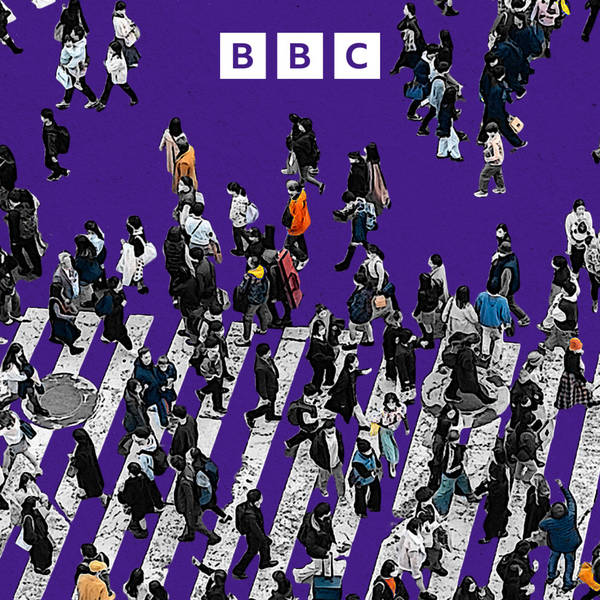
How to feed a city
More than half of us globally now live in cities. The United Nations estimates that by 2050, that number will be closer to seven out of ten of us.
How can growing cities feed their populations?
In this programme Ruth Alexander finds out about the history of how cities grew to their current scale, and some potential solutions to meeting their food needs.
Carolyn Steel, architect and author of ‘Hungry City’ meets Ruth in London, United Kingdom, to talk about the role of transport and markets in making London the city it is today. Ruth hears about Tokyo, Japan, a city that has spread around ancient farmland rather than build on it. She speaks to Yu Tominaga and Mayumi Kawaguchi who own Hasune farm in central Tokyo, and Professor Makoto Yokohari who studies urban farming at the University of Tokyo.
In Namibia, our reporter Frauke Jensen Röschlau reports on the role of informal food vendors on the streets of Windhoek, she interviews Professor Ndeyapo Nickanor, an expert in food security at the University of Namibia.
If you’d like to contact the programme you can email thefoodchain@bbc.co.uk.
Presented by Ruth Alexander.
Produced by Beatrice Pickup.
Additional reporting by Frauke Jensen Röschlau.
(Image: commuters walking on a street in Tokyo. Credit: Getty Images/BBC)